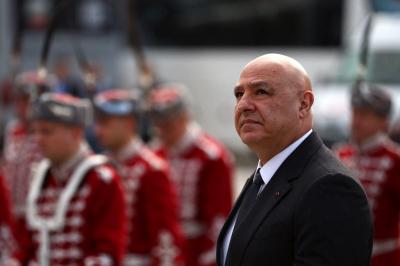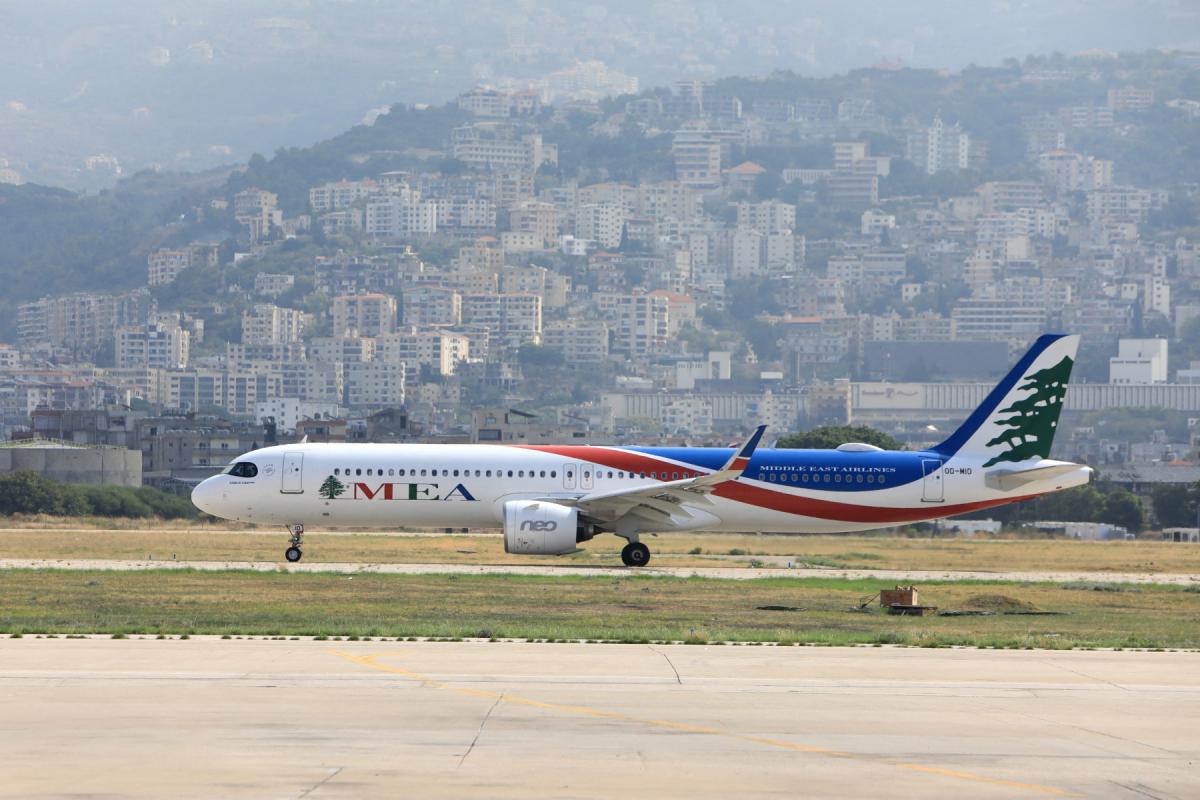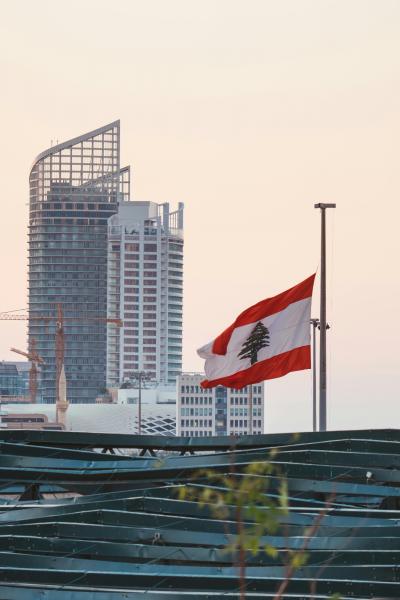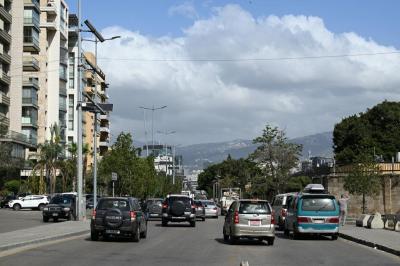In one of the most significant developments in Lebanon’s aviation sector in recent years, Middle East Airlines (MEA) Chairman Mohammed El-Hout announced the launch of “Fly Beirut” in 2027 — the country’s first low-cost airline, designed for travelers seeking more competitive fares without compromising on safety. The announcement came during the airline’s 80th anniversary celebration at Beirut–Rafic Hariri International Airport, held under the slogan “From This Land to All Lands.” El-Hout confirmed that the new aircraft will meet the same safety standards as MEA’s current fleet, revealing that six state-of-the-art planes will be delivered next year to expand operational capacity.
A Major Shift in Airport Services
In parallel, Minister of Public Works and Transport Fayez Rassamni emphasized that the transformation will not be limited to the aviation sector, but will extend to the airport’s infrastructure. He described the new Beirut airport as modern, elegant, efficient, and boutique-styled, combining luxury, comfort, and smart technologies. He also announced the upcoming launch of a Fast Track lane to streamline passenger movement and speed up border procedures, adding an estimated two million passengers in annual capacity.
The development plan includes upgrades to the departure hall, a renovation of the VIP Lounge, and the installation of art pieces reflecting Lebanese identity to enhance the overall travel experience.
“We are not renovating an airport — we are building an entirely new travel experience to and from Lebanon,” Rassamni said. “Within one year, we will present to the world one of the most distinctive and elegant airports.”
The ministry is also working to reactivate Rene Mouawad Airport in Qlayaat, aiming to connect North Lebanon to the world and stimulate growth in underserved regions.
Why Low-Cost Aviation Matters for Lebanon
The launch of “Fly Beirut” is a crucial step in a market burdened by soaring travel costs — especially for expatriates who form the backbone of Lebanon’s economic and social ties with the world. In recent years, ticket prices have reached record levels, making travel to Lebanon a luxury many can no longer afford.
A low-cost airline offers several key advantages:
Attracting expatriates by offering affordable fares, potentially increasing annual visits and revitalizing local consumption and remittances.
- Drawing foreign tourists seeking inexpensive destinations rich in nature, culture, and lifestyle.
- Boosting competition among airlines could lower prices and improve service quality.
- Stimulating the economy by increasing traveler traffic and energizing the hotel, restaurant, transport, and tourism sectors.
- Expanding Lebanon’s air connectivity to new markets, especially with potential for routes to Europe and the Middle East at lower operational costs.
An Economic Necessity
Aviation and air-economy expert Dr. Samer Al-Hajj told Al Safa News that the launch of “Fly Beirut” represents “a long-awaited strategic shift.”
“Low-cost aviation is not a luxury — it is an economic necessity,” he said. “Countries in the region that adopted this model saw significant jumps in tourist arrivals and airport activity. With the parallel upgrades to Beirut Airport and the reactivation of Qlayaat, Lebanon can reclaim its place as a major travel hub in the Eastern Mediterranean. The project’s success will depend on operational transparency, truly competitive pricing, and opening new routes that serve the needs of expatriates and tourists.”
A Reform Step
The introduction of “Fly Beirut” is more than just a commercial expansion for MEA — it is a reform step, modernizing Lebanon’s aviation sector and making it more inclusive and competitive. Coupled with upgraded airport infrastructure and improved services, Lebanon appears to be entering a new phase of openness to the world. Low-cost aviation could become a gateway to reviving tourism, supporting the economy, and reconnecting Lebanon with its people and global markets.
Please post your comments on:
[email protected]
 Politics
Politics












